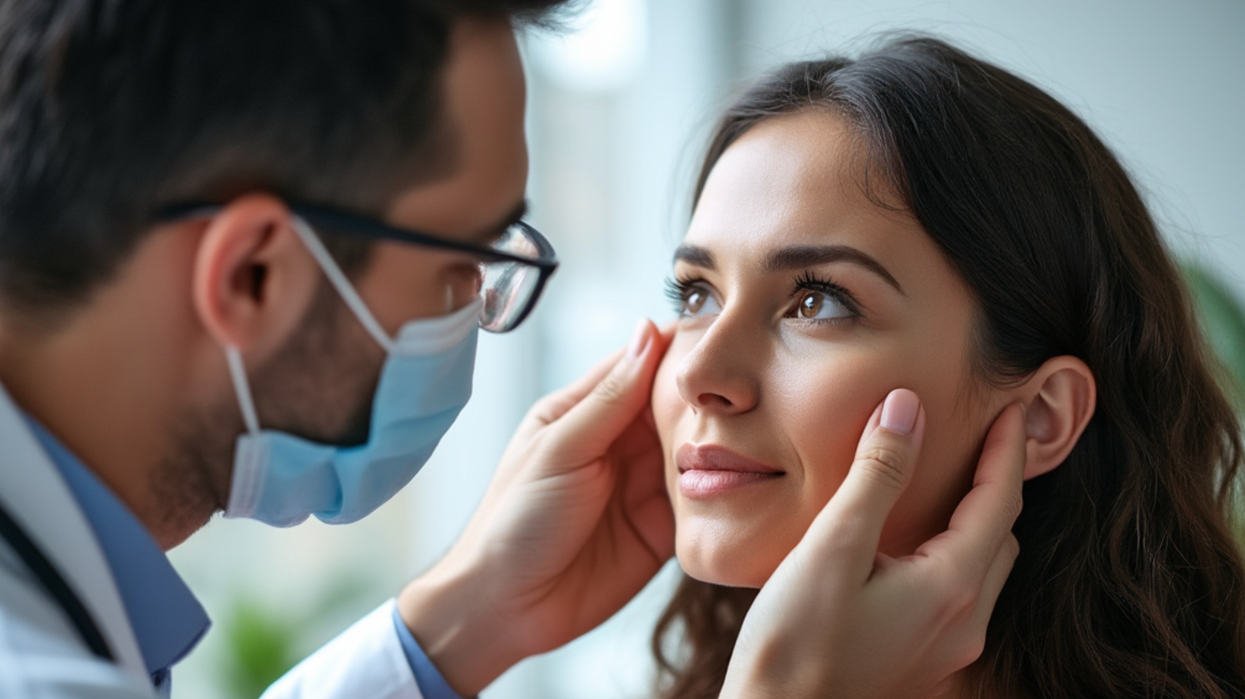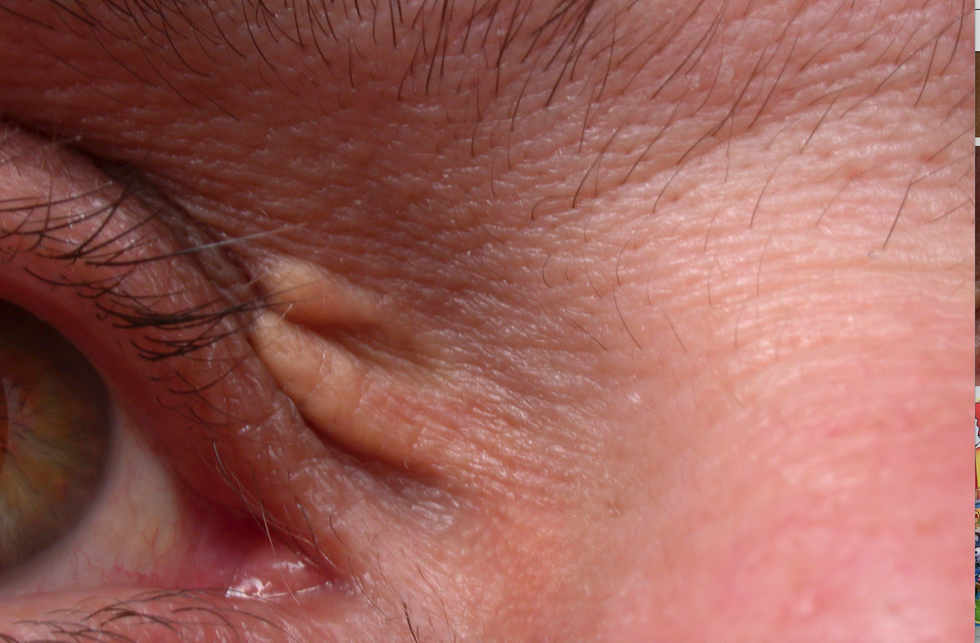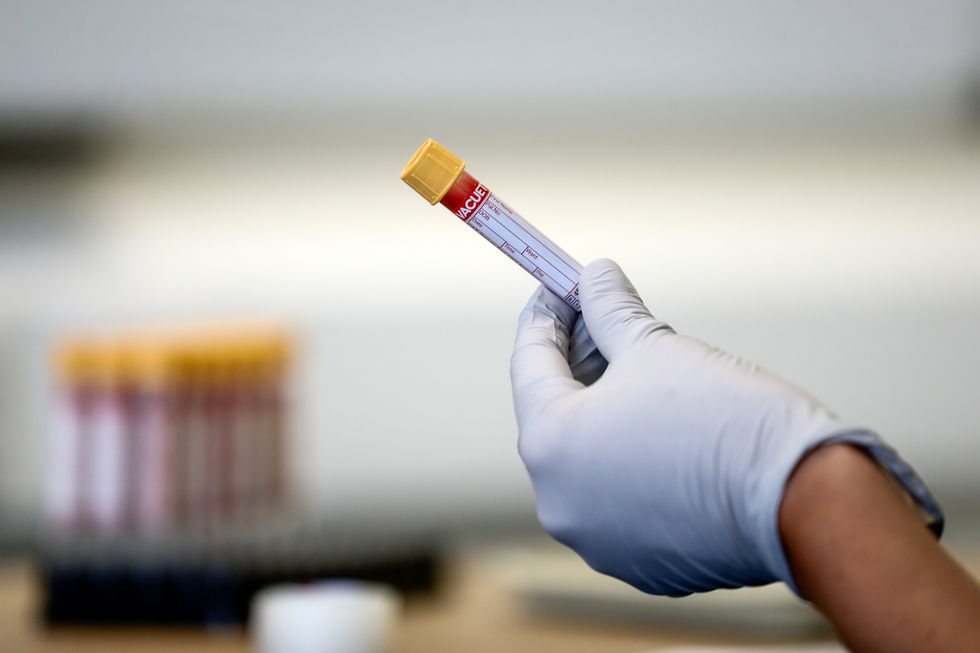'I'm a doctor and these are the signs of high cholesterol I spot on my patients as soon as they walk in'

High cholesterol symptoms can appear as cholesterol deposits around the eyes
|Grok

The clue is around the eyes, the consultant cardiologist says
Don't Miss
Most Read
A top cardiologist has revealed the signs of high cholesterol that can appear on the face.
High cholesterol rarely causes noticeable symptoms, making it a silent precursor to serious cardiovascular complications.
However, in some cases, a build-up of cholesterol in the arteries can manifest in visible ways.
According to Doctor Arjun Ghosh, one "indicative feature" is a deposit of cholesterol on the skin, which may sometimes be observed on the face or around the eyes.
 Xanthelasma appears as yellowish, fatty deposits around the eyelids | Getty Images
Xanthelasma appears as yellowish, fatty deposits around the eyelids | Getty ImagesAccording to the Temecula Medical Group (TMG), this is known as xanthelasma. These often present as yellowish, fatty deposits around the eyelids. Harmless bumps form when fat accumulates under the skin.
Another potential indicator is arcus senilis, a greyish ring that develops around the iris of the eye. The TMG notes that while common in older individuals, its presence in younger people could signal high cholesterol levels.
Interestingly, psoriasis - a chronic autoimmune skin condition - has been linked to elevated cholesterol.
Research suggests individuals with psoriasis may have a higher prevalence of high cholesterol, possibly due to shared risk factors such as obesity and inflammation.
It's important to note that these visual symptoms are not definitive proof of high cholesterol. Many people with high cholesterol may not display any visible signs at all.
How is high cholesterol diagnosed?
Regular blood tests remain the most reliable method for diagnosing high cholesterol.
If you notice any of these symptoms, it's advisable to consult your GP for a proper assessment, notes the NHS.
They might suggest having a test to check if your cholesterol level is high.
This may be because of your age, weight or a condition you have (like high blood pressure or diabetes).
LATEST HEALTH DEVELOPMENTS

Regular blood tests remain the most reliable method for diagnosing high cholesterol
| PAHow to lower high cholesterol
Lowering high cholesterol is crucial for maintaining heart health and overall well-being. Dr Ghosh emphasises that healthy eating can make a significant difference to cholesterol levels.
The NHS recommends cutting down on saturated fats and replacing them with unsaturated fats. Foods rich in unsaturated fats include:- Vegetable oils such as olive, sunflower, and rapeseed
- Avocados
- Nuts and seeds
- Fat spreads made from vegetable oils
Oily fish is particularly beneficial, being a good source of omega-3 fats. The NHS advises eating two portions of fish per week, with at least one being oily fish.
A portion is 140g, but smaller amounts spread throughout the week are also effective. Tinned, frozen, or fresh fish all count, including salmon, sardines, pilchards, trout, herring, and mackerel.
In addition to dietary changes, maintaining a healthy weight, regular exercise, and avoiding smoking can help lower cholesterol levels.










